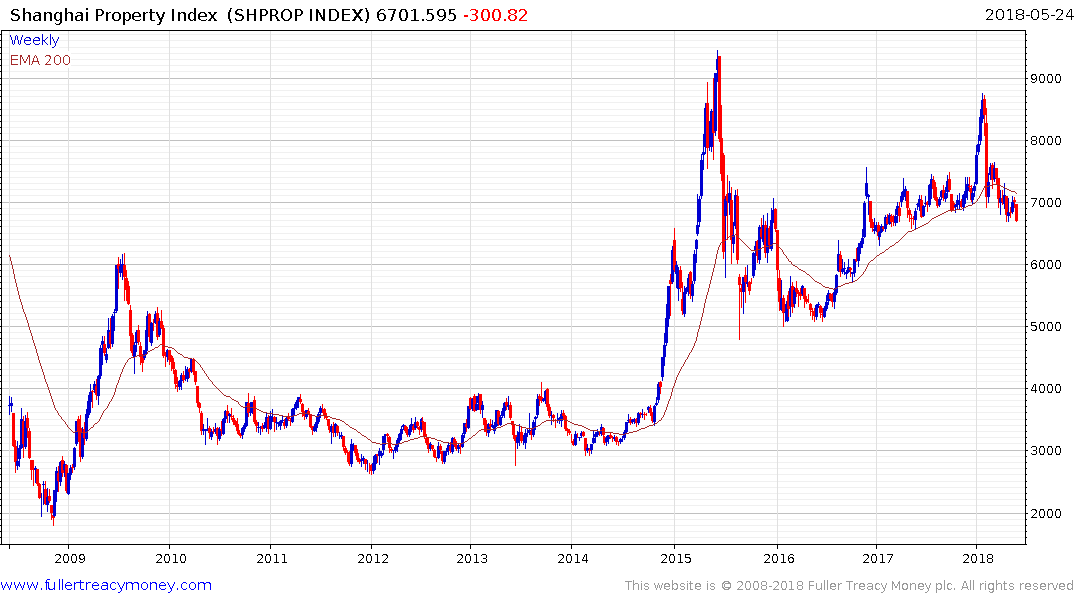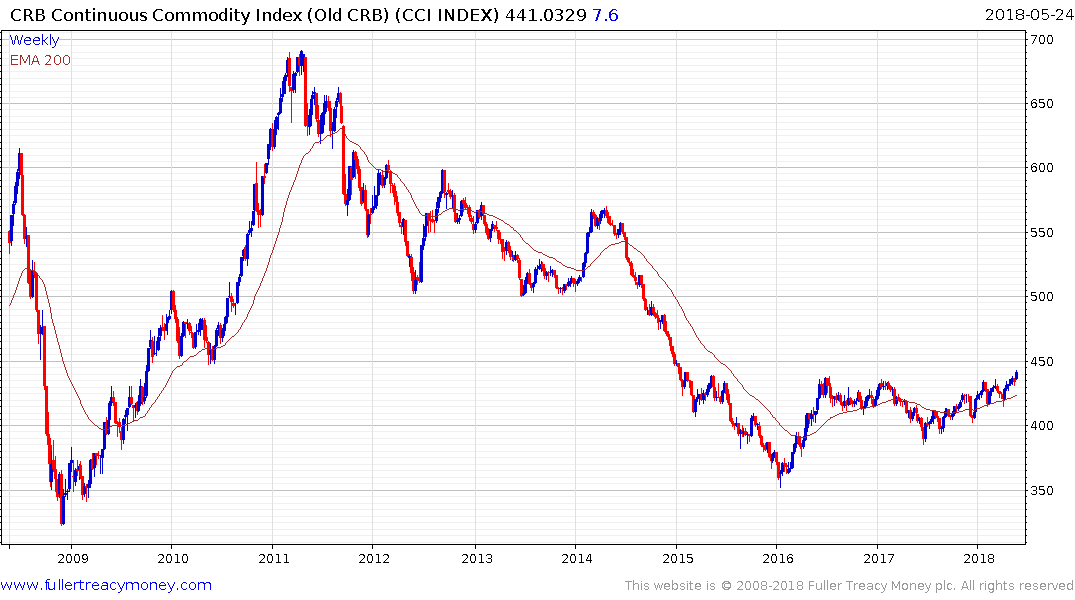Email of the day on China's leverage
How serious a threat is China’s debt? See attached speech by the Governor of the Reserve Bank of Australia.
Thank you for this article which may be of interest to other subscribers. Here is a section:
“The deepening relationship has also benefited China in many ways,” the governor said. “We will of course have differences from time to time, but we will surely be better placed to deal with these if we understand one another well”.
The Reserve Bank now employs three staff full-time in Beijing to monitor Chinese economic and financial developments.
“The complex web that has developed in China is characterised by opaque risk transfers, implicit guarantees and complex connections,” the governor said. “The influence of the state and the incentives within financial institutions have almost surely distorted credit allocation and led to some poor lending decision” he added.
More than 3500 “shadow banks” have emerged in China, which provide an array of riskier financial products outside the state-controlled banking system.
“The extent that experience elsewhere in the world is any guide, it is difficult to escape the conclusion that this complex web in a highly indebted economy is a risky situation,” Dr Lowe said. Combined, shadow banks now make up 45 per cent of credit, up from 25 per cent a decade ago.
“The build-up of financial risks like those seen in China is almost always followed by a marked slowdown in GDP growth,” the governor said, stressing an economic collapse in China wasn’t inevitable.
I believe it is correct for Australian investors to keep a close eye on China. It was China’s unprecedented stimulus that helped Australia avoid recession during the global financial crisis because of its voracious appetite for commodities and if China eventually had a recession it will undoubtedly have a knock-on effect for Australia.
The China’s banks are some of the largest state-owned enterprises. Regardless of the fact they trade on international bourses they can in effect be considered arms of the government.
When do banks get in trouble? One way is when they get overleveraged such as in a property bubble. Alternatively, since the normal business of banks is to lend long and borrow short, they are sensitive to an inverted yield curve. For a country there is an additional consideration. How much debt is held by overseas creditors?
Right now, China has a lot of leverage from the shadow banking sector and risk is concentrated in regional banks which for the most part do not have stock market listings. Bankruptcies are now being allowed of special purpose vehicles related to defunct leveraged bets and that is a positive move.
The big challenge for China is how to introduce property taxes. On the one hand they would help solve the financing problems of regional governments which have heretofore depended on land sales. The problem is the pressure that would put on property investors for whom holding has been cost free so far.

The decision to impose a property tax has been delayed until late this year or early next but the Shanghai Property Index is leading on the downside during this correction and will need to sustain a move above the trend mean to confirm a return to demand dominance.
Turning to the yield curve. China has artificially low deposit rates versus lending rates and enforces some of the higher deposit ratios in the world for banks. The risk is in how the banks have circumvented these rules using special purpose vehicles or shadow banks.
Nevertheless, China is a nation of savers, the government still has considerable reserves and the vast majority of debt is held internally. That means, in extremis, the currency will take the brunt of selling pressure.
Eventually China is going to have a recession. Just because it has been decades since it had a contraction does not mean it is immune. Since China is such a large consumer of commodities it is reasonable to assume that if it is going to have a recession that would be associated with a decline in demand for resources.

The Continuous Commodity Index broke out to new three-year highs this week and clear downward dynamic will be required to question potential for additional upside.


